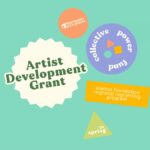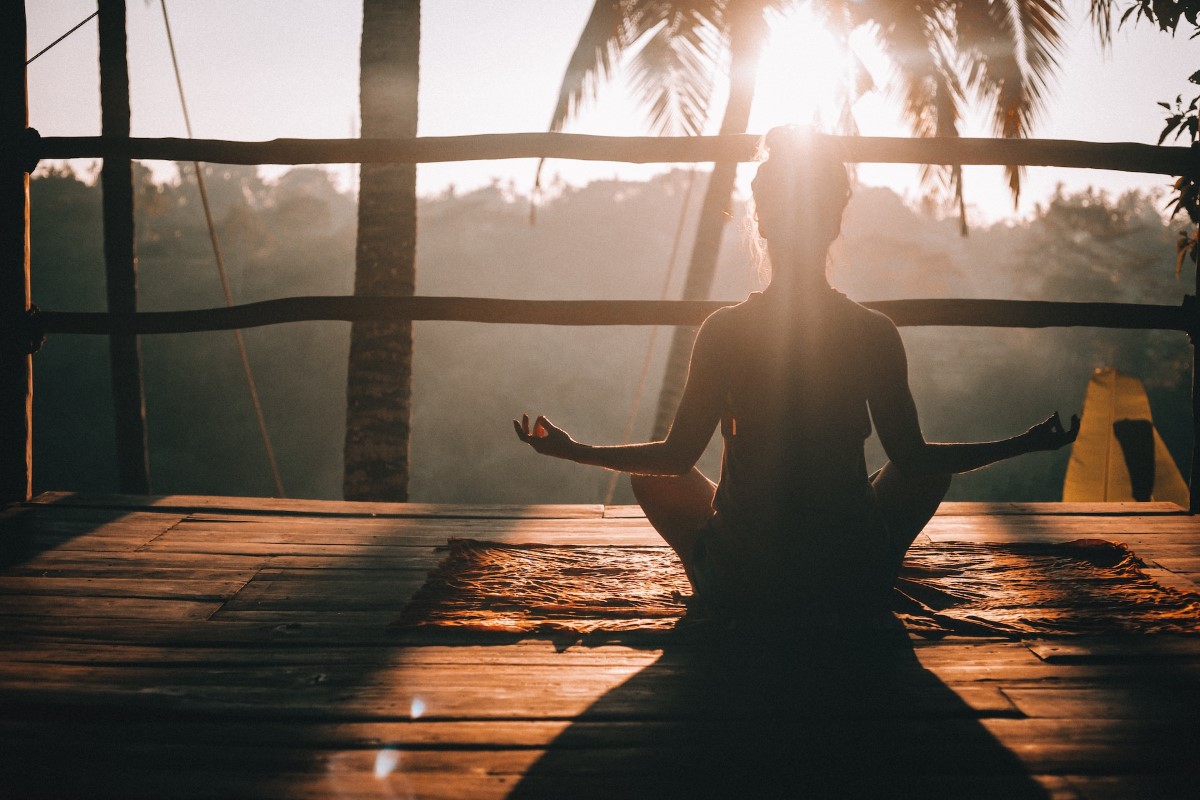
Opening Reception of Have You Eaten
May 18, 2023
Home in My Body Wins Artist Grant
July 22, 2023
A BIPOC artist friend of mine recently consulted me about a post one of her clients made on social media that was racially tone-deaf and performative. She wanted my opinion and I offered it to her. She also asked if she should say something to her client and I told her yes but to be compassionate and give them kudos for trying but let them know how they can do better. I explained to her that working for Cultures Connecting* and seeing how they work with clients (who are predominantly white) to create more DEIB in organizations has really shown me the power of approaching from empathy and compassion in action. I relayed all of this to my husband, who is white, and told him what a struggle it was for me not to be triggered by white folks who haven’t done or are unwilling to acknowledge their privilege, and especially when confronted with white fragility. His response to me was, “you haven’t reached Zen.”
In the wellness world, there is this idea of perpetual self-improvement until you reach a place of Zen, owning and working on all of your triggers until you are better able to navigate the world. The idea is that you can’t control what happens to you, only how you respond to them. This is true and the biggest lesson I’ve learned on my own healing journey was to surrender―to accept all the traumatic things that have happened to me, to all of my terrible mistakes in the past, and to work on just the things I could control in the present.
Yes and…
There is a limit to this type of thinking because it ignores how marginalized folks live very different realities than those who are not. Privilege affords us the opportunity to remove ourselves from harmful experiences so that we can heal. It means ending relationships, disengaging or removing ourselves from the people and situations that cause us harm. Triggers develop because of past wounding. The problem is that for the marginalized, triggers are pervasive in all aspects of society and it’s nearly impossible to remove ourselves from them. So on whom does the responsibility for eliminating these triggers lie?
Brent Staples, a writer for the New York Times, talked about how as a black man, he is keenly aware of people’s perception of him as “dangerous.” To counteract this belief, he goes so far as to whistle classical music whenever he's in public to signal that he isn’t a threat. Social psychologist Claude Steele coined this phenomenon “Whistling Vivaldi” to describe “stereotype threat.” Of course being stereotyped, especially as women, is something we’ve all experienced but not everyone has to worry about losing their life from it.
When it comes to social justice, the wellness principle of working on all your triggers can be tone-deaf and harmful. It ignores the very real threat marginalized folks live with whether that is psychological, emotional or physical harm, even the risk of death. It places the work of reducing harm on the people experiencing it, not the people perpetuating it. It’s an unconscious way to protect white privilege and fragility and deflects responsibility and blame onto the marginalized. This is analogous to an abused person having to be vigilant about not triggering their abuser. It’s no different than women being held responsible for not titillating men’s so called “naturally predatory” sex drive. It’s the same logic that teaches folks of color to learn from a very early age to be careful of and to protect white people’s feelings, usually at the expense of their own. We saw this play out when white parents argued that schools should not teach about race because it makes their white kids uncomfortable. What about the feelings of BIPOC children who navigate the world in discomfort? Do their feelings not hold the same weight?
White fragility doesn’t necessarily come from a bad place. It can come from the desire to be good and wanting to not be racist. But you don’t have to be in the KKK to participate in upholding racism and that doesn’t make you a bad person. We live in a country that built its prosperity on the enslaved labor of black folks, the exploitative immigrant labor of people of color, and granted civil rights only recently in 1965. We are all products of an inherently racist system and culture. Our country isn’t broken because it’s functioning as it’s always meant to and we’re all participating in it whether we realize it or not. Then the problem isn’t that you have bias, whether conscious or unconscious, because we all do but you become part of the problem if you are unwilling to recognize it. So the question we need to ask ourselves is how do we want to participate? Do we want to maintain the status quo or do we want to move the country in a different direction?
I had to pause when my husband told me I wasn’t Zen enough because on one level, I knew he was right but it bothered me on a deep level and I had to pause to think why. I explained to him that what he said was the exact type of response white folks in the wellness industry tell BIPOC and why I left it to start Social Healing Space. He quickly recognized my point and apologized. Thank goodness because he had gotten over his white fragility a long time ago.
We all know what it's like to have to mold, change and show up in the world as false versions of ourselves to fit in and feel safe in our bodies. It's painful and draining and that’s why we go on a healing/mental health journey. But we also need to recognize that not having to think about race and social injustice is the ultimate privilege and making big cultural and systemic shifts isn’t just a “self” job. It requires the collective work of ALL of us.
*Cultures Connecting is a DEIB company (diversity, equity, inclusion and belonging) that I work part-time for so I don’t have to worry about monetizing Social Healing Space.
Some Reading to Help Us Process
A Northwestern article about the book Whistling Vivaldi by Claude Steele on stereotype threat: About the Book Whistling Vivaldi.
An article by Slate on the limits of “Whistling Vivaldi”: Whisting Vivaldi Won’t Save You.
An audio NPR StoryCorp interview with a mom and how her white privilege couldn’t protect her black child: After A Traffic Stop, Teen Was 'Almost Another Dead Black Male.'
Tennessee parents say some books make students ‘feel discomfort’ because they’re White.


